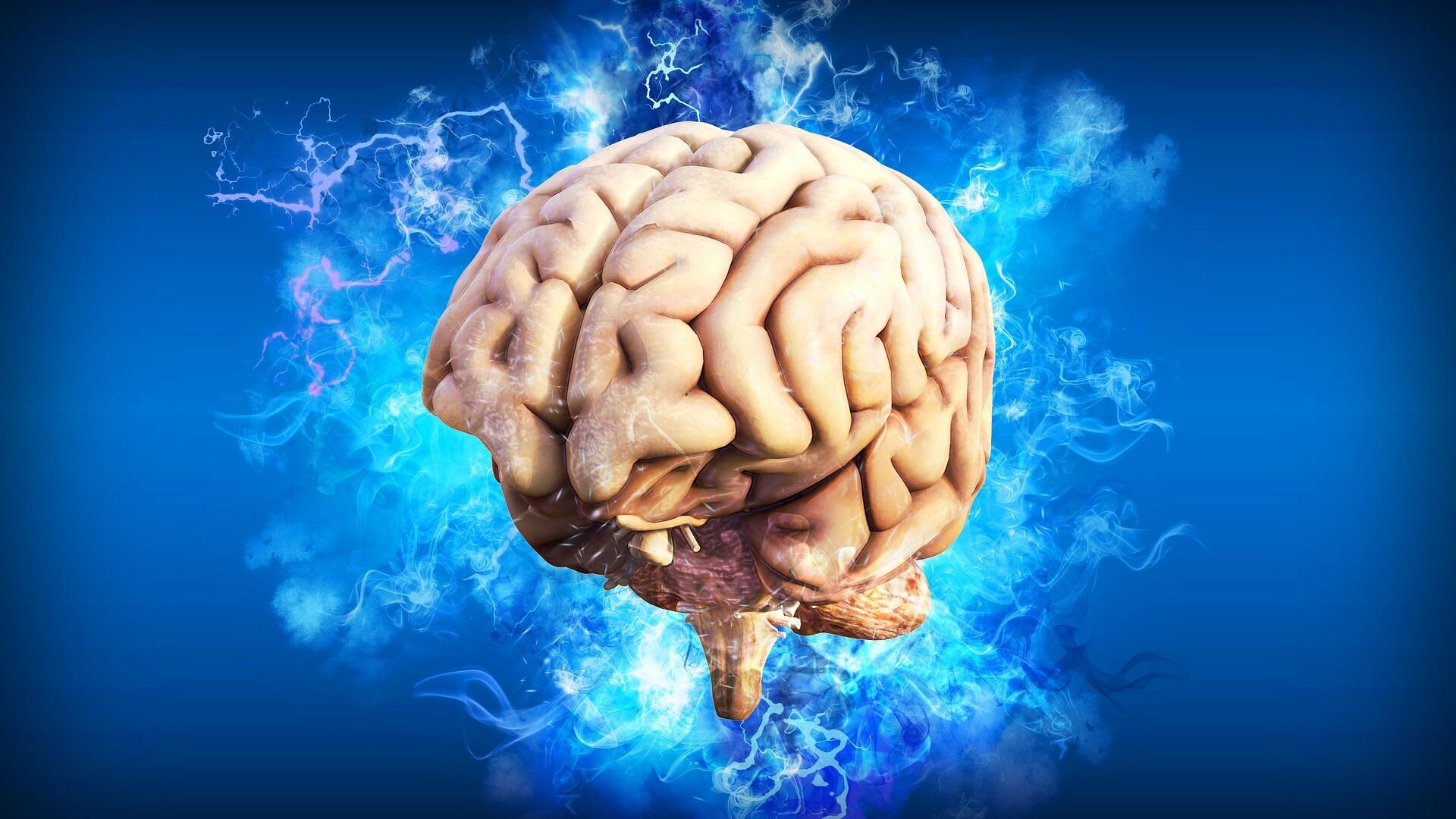https://sputnikglobe.com/20240209/russian-scientists-grow-mini-brains-to-study-cognition-1116693104.html
Russian Scientists Grow ‘Mini-Brains’ to Study Cognition
Russian Scientists Grow ‘Mini-Brains’ to Study Cognition
Sputnik International
Scholars working at a major Russian research center in Siberia have made a breakthrough in genetics, giving insight into the connection between the human genetic code and cognitive development
2024-02-09T13:19+0000
2024-02-09T13:19+0000
2024-02-09T13:19+0000
beyond politics
science & tech
russia
novosibirsk
siberia
russian academy of sciences (ras)
genetics
human genome
human intelligence
https://cdn1.img.sputnikglobe.com/img/07e5/06/09/1083108360_0:36:1920:1116_1920x0_80_0_0_cae1927e45906d013285483f56b4345f.jpg
Scientists from the Institute of Cytology and Genetics (Russia’s Federal Research Center) – part of the Siberian Branch of the Russian Academy of Sciences (SB RAS), based in Novosibirsk, have artificially produced “mini-brains” in a lab.Those lab-grown “mini-brains” will enable further studies into the way different genetic traits affect one’s cognitive functions.Russian biologists said they had managed to create three-dimensional cerebral organoids — also referred to as “brain organoids” — that are structurally similar to the human tissue. The 3D models will help to research how damage to or turning off of specific coding regions, a portion of a gene’s DNA factor into human intelligence.Those involved in genome studies believe that genes’ human accelerated regions (HAR-elements) greatly impact the development of human speech and complex thinking.Novosibirsk-based researchers seek to study how mutations in the CNTN6 gene affect developmental disabilities, including mental retardation.Initial results have shown that removing one’s genome HAR-elements has serious consequences for the "mini-brain's" functions.A team of scientists, headed by Tatiana Schneider, intends to further their studies under a research grant. Further exploration of the subject will give a better insight into the ways various pathologies shape and ways to prevent them.
https://sputnikglobe.com/20231113/smart-weight-reduction-scientists-suggest-brain-stimulation-to-treat-obesity-1114847129.html
https://sputnikglobe.com/20231220/revolutionary-discovery-russian-scientists-transform-potatoes-into-nanotech-marvels-1115703100.html
russia
novosibirsk
siberia
Sputnik International
feedback@sputniknews.com
+74956456601
MIA „Rossiya Segodnya“
2024
Sputnik International
feedback@sputniknews.com
+74956456601
MIA „Rossiya Segodnya“
News
en_EN
Sputnik International
feedback@sputniknews.com
+74956456601
MIA „Rossiya Segodnya“
Sputnik International
feedback@sputniknews.com
+74956456601
MIA „Rossiya Segodnya“
brain function, brain development, cognitive development, human genetics, genetic makeup, how does dna affect the brain, brain development
brain function, brain development, cognitive development, human genetics, genetic makeup, how does dna affect the brain, brain development
Russian Scientists Grow ‘Mini-Brains’ to Study Cognition
Scholars working at a major Russian research center in Siberia have made a breakthrough in genetics, giving insight into the connection between the human genetic code and cognitive development.
Scientists from the Institute of Cytology and Genetics (Russia’s Federal Research Center) – part of the
Siberian Branch of the Russian Academy of Sciences (SB RAS), based in Novosibirsk, have artificially produced “
mini-brains” in a lab.
Those lab-grown “
mini-brains” will enable further studies into the way different genetic traits affect one’s cognitive functions.

13 November 2023, 08:54 GMT
Russian biologists said they had managed to create three-dimensional cerebral organoids — also referred to as “
brain organoids” — that are structurally
similar to the human tissue. The 3D models will help to research how damage to or turning off of specific coding regions, a portion of a gene’s DNA factor into human intelligence.
Those involved in genome studies believe that genes’ human accelerated regions (HAR-elements) greatly impact the development of human speech and complex thinking.
Novosibirsk-based
researchers seek to study how mutations in the CNTN6 gene affect developmental disabilities, including mental retardation.

20 December 2023, 13:16 GMT
Initial results have shown that removing one’s genome HAR-elements has serious consequences for the "mini-brain's" functions.
A
team of scientists, headed by Tatiana Schneider, intends to further their studies under a research grant. Further exploration of the subject will give a better insight into the ways various pathologies shape and ways to prevent them.




